Category: History
The Sanborn Maps "Special Indexes"
05 December 2023 by Paratext Editorial
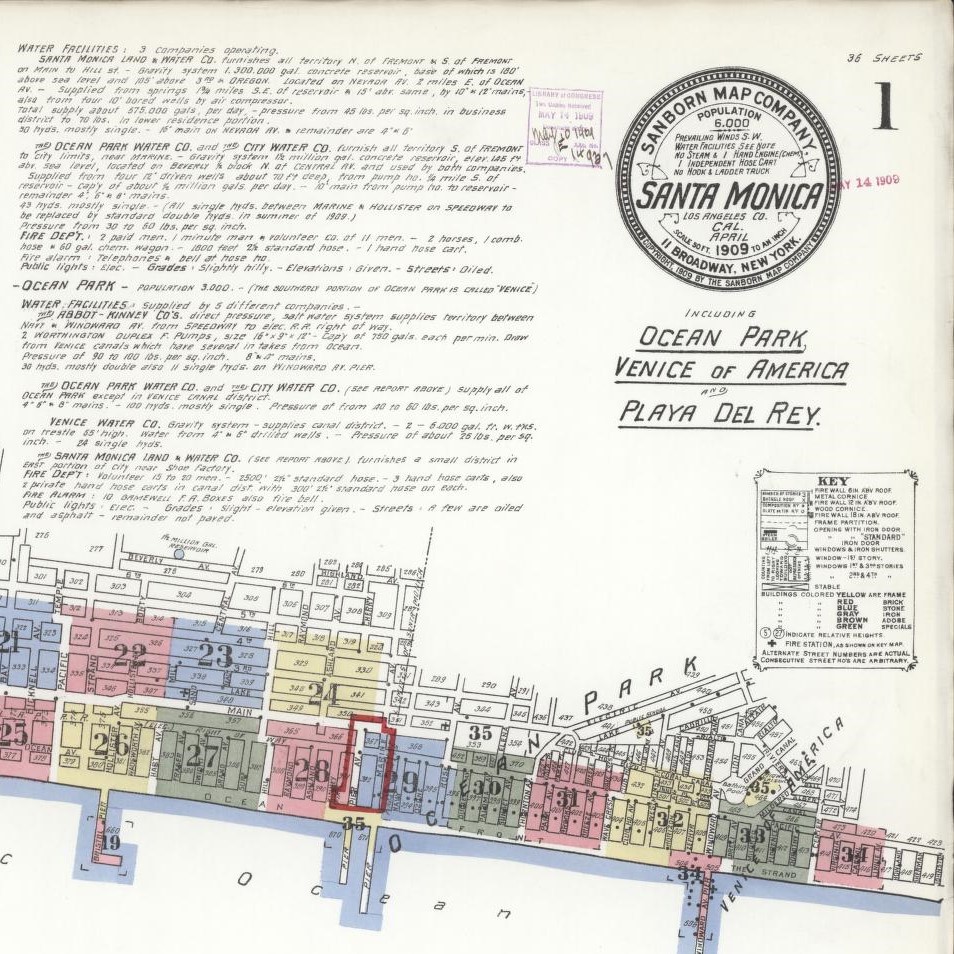
The Sanborn maps. Ask any historian of early American history “what’s a Sanborn map?” and you’re likely to receive an earful. The maps, which cover American cities decade-by-decade, chart the rapid change and growth of this country’s urban areas in a way matched by few other primary sources. The digitized versions of Sanborn maps have been used by historians for years. However, there exists a vital tool which has not been accessible in an integrated(read more)
“A Trifling Return…for the Great Service”: Learning from the Industrial Arts Index
02 October 2023 by Grayson Van Beuren

As we head into the last quarter of 2023, we’ve been getting inquiries from researchers about what is “exclusive” to Paratext’s Eight Centuries. As a response, we’re reaching back into our blog archive to republish some posts on sources and methodologies that remain just as relevant today as when they were first posted. This article, originally published in June 2018, was part of the “Exploring” blog series looking at various exclusive sources(read more)
Sources as Windows to Narratives: Periodical Indexes – Harder to Access but Still Insightful
25 September 2023 by Grayson Van Beuren
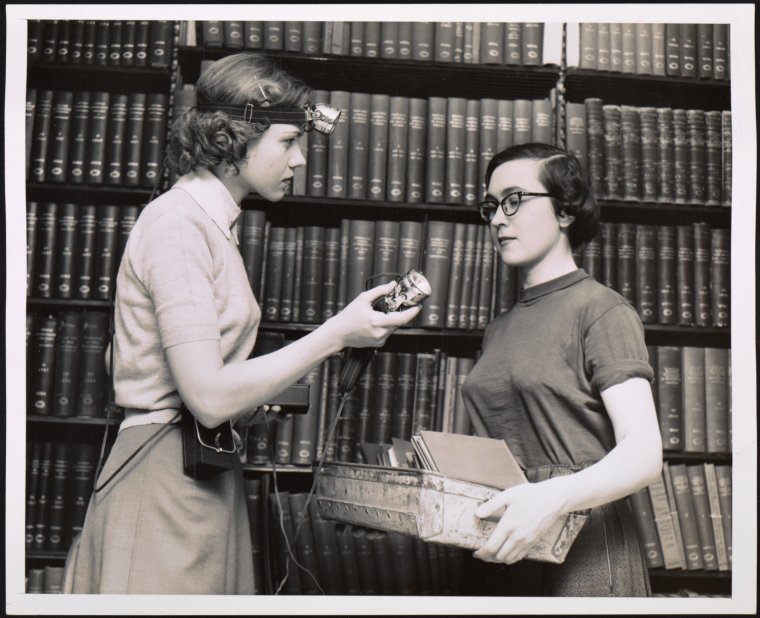
As we head into the last quarter of 2023, we’ve been getting inquiries from researchers about what is “exclusive” to Paratext’s Eight Centuries. As a response, we’re reaching back into our blog archive to republish some posts on sources and methodologies that remain just as relevant today as when they were first posted. This article, originally published in September 2018, addresses one of the key central genre of source exclusive to Eight Centuries: the(read more)
Sources as Windows to Narrative: Political Cartoons – Easy to Access, Easy to Deceive
18 September 2023 by Grayson Van Beuren
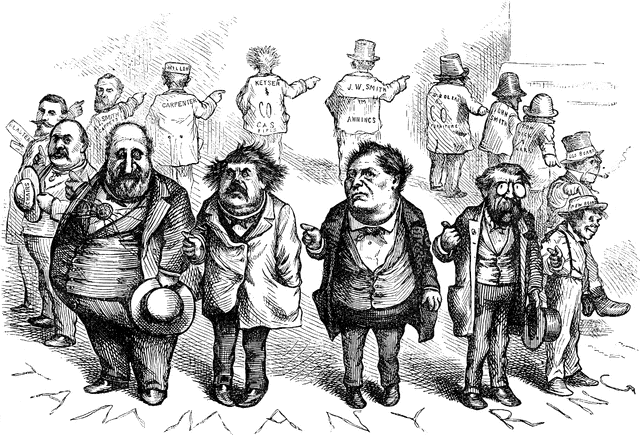
As we head into the last quarter of 2023, we’ve been getting inquiries from researchers about what is “exclusive” to Paratext’s Eight Centuries. As a response, we’re reaching back into our blog archive to republish some posts on sources and methodologies that remain just as relevant today as when they were first posted. This article, originally published in August 2018, looks at a sometimes-overlooked genre of historical source: political cartoons. Though(read more)
A Fish Woman, a Cyprian Noble, and a Punk Rocker Couple Walk into a Bar: Narratives of Human Experience in Europeana
15 February 2022 by Grayson Van Beuren
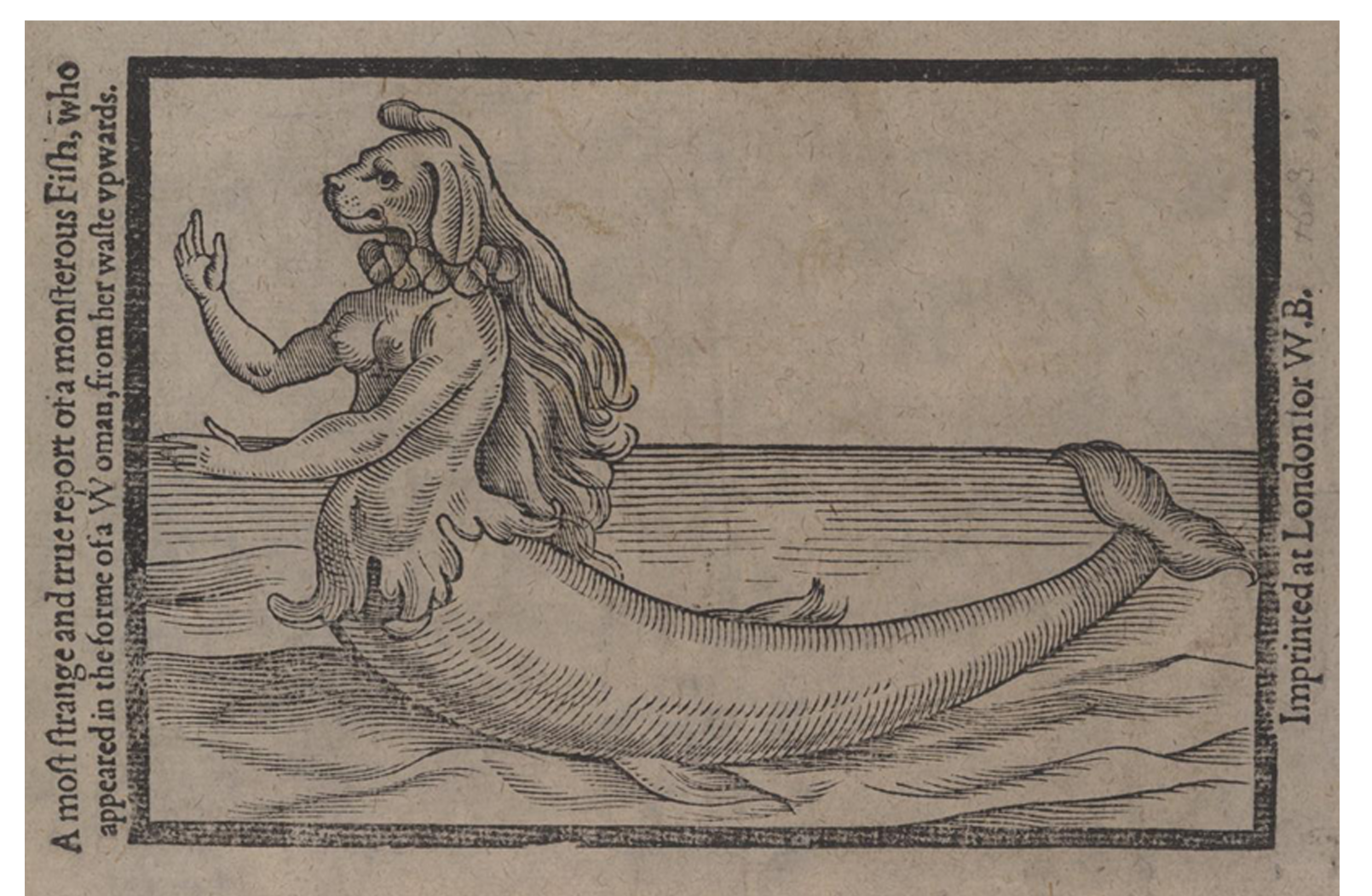
What do two ‘80s punk rockers, a half-fish/half-woman, and a Cyprian big shot have in common? Besides sounding like the beginning of a bad joke, these are all subjects found in source material cataloged in Europeana—a massive repository of cultural heritage bringing together records from thousands of institutions across Europe which is now searchable in Eight Centuries. One of the most remarkable qualities of Europeana in Eight Centuries is its vastness: nearly 53 million records(read more)
Things I Learned While Researching the Atlantic Monthly
07 December 2021 by Grayson Van Beuren

In 2021 we added an entirely new feature for subscribers of multiple products: Cross Search. This feature allows easy instant searching of a search term across Eight Centuries, U.S. Documents Masterfile, and Reference Universe. To celebrate this exciting new feature, we’re looking back at different sources now easily accessible across products via Cross Search. Today: the Atlantic Monthly historical index available to search in 8C. With apologies to the late columnist Syd Harris(read more)
Digital Walters Manuscript Collection Now Accessible via Eight Centuries
25 November 2020 by Paratext Editorial

Paratext is pleased to announce that data from the Walters Art Museum’s “Digital Walters” manuscript collection is now accessible via Eight Centuries. This data—made available through the museum’s Digital Walters initiative—comprises over 150,000 records of folio that make up the nearly 900 illuminated medieval manuscripts in the Walters collection. Records includes full text links leading to high resolution scans of each page. Explore the Islamic world,(read more)
Modernist Journal Records Now Searchable in Eight Centuries
28 September 2020 by Paratext Editorial
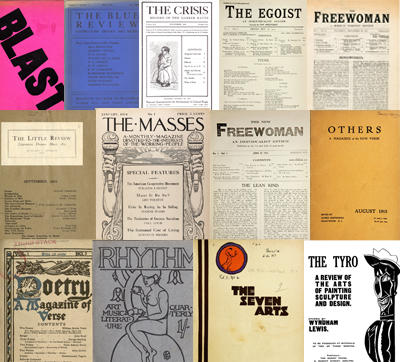
Paratext is pleased to announce that records from the Modernist Journals Project is now accessible via Eight Centuries. The Modernist Journals Project (MJP) is joint cataloging and digitizing venture between Brown University and the University of Tulsa which comprises records of journal output of the modernist literary period from 1890 to 1922. The MJP adds nearly ten thousand new periodical content records to Eight Centuries. Furthermore, in addition to the records themselves, MJP(read more)
A Smell Bad Enough to Leave Town: One of the Worst Odors in the History of Science
10 August 2020 by Grayson Van Beuren
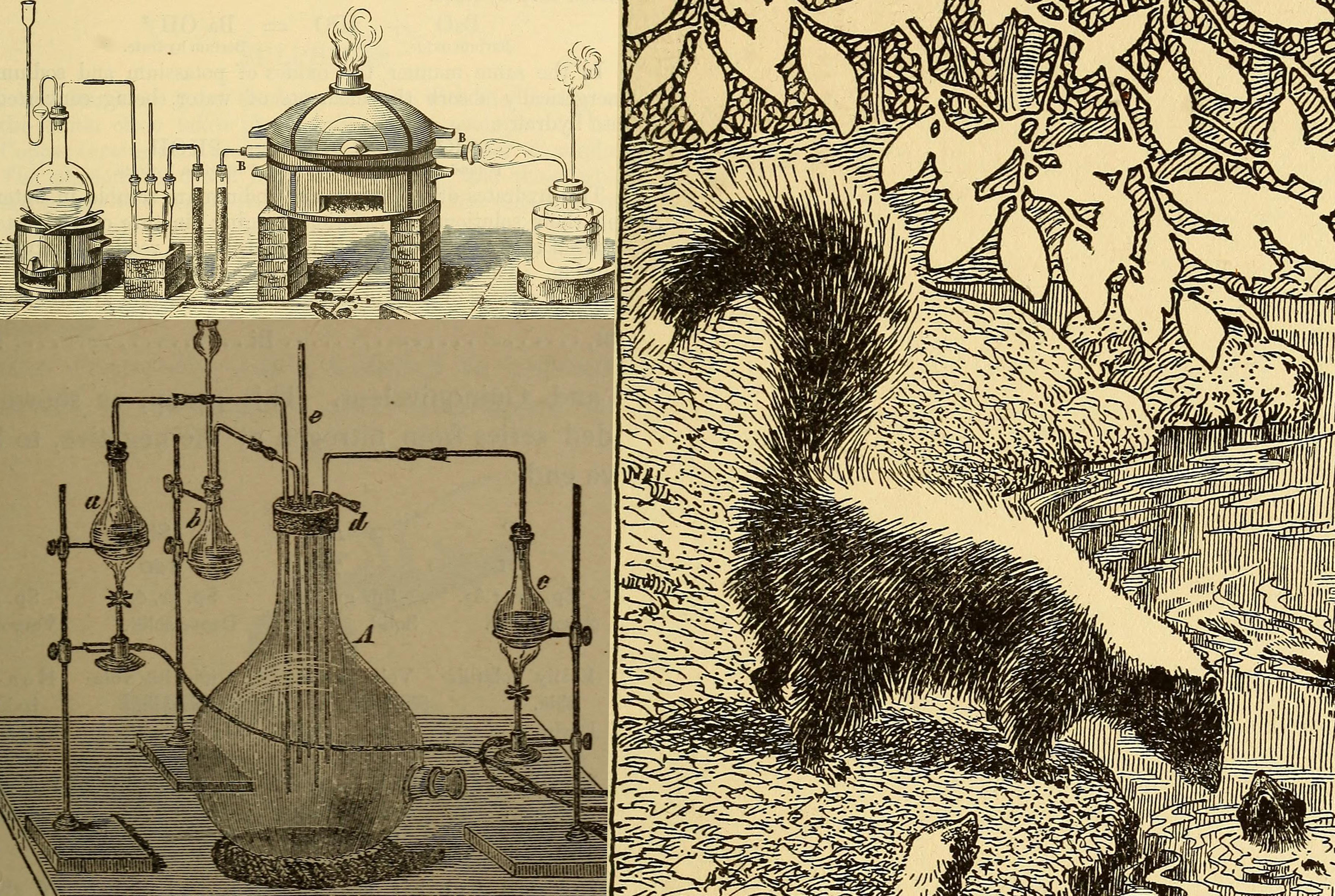
This is post continues our series exploring the oddest, most out-there corners of the history of science to be found in the Catalogue of Scientific Papers and other similar sources in Eight Centuries. Those unfamiliar with this fascinating source from the Royal Society should check out our description of the CSP. I recently read this post about incredibly bad smells in the New York Time’s “Good Question” series (written by the always-great Randall Munroe).1 In the post, he(read more)
“‘Snap-Shots’ of the Scenery”: Aerial Photography at the Turn of the Century
29 April 2020 by Grayson Van Beuren
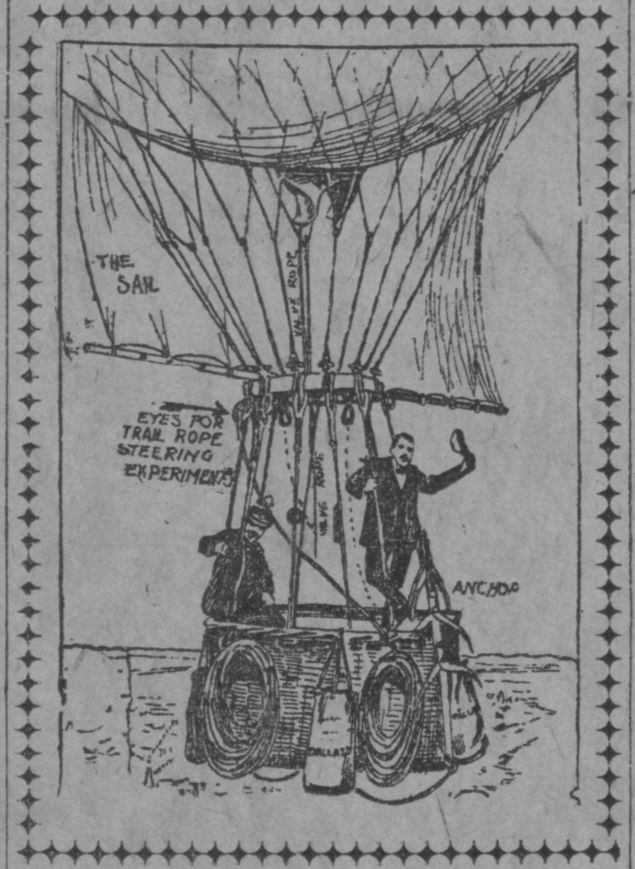
Today we continue our series exploring the most out-of-the-way corners of the history of science to be found in the Catalogue of Scientific Papers. Those unfamiliar with this fascinating source from the Royal Society should check out our description of the CSP. The first aerial photographs date from long before powered flight. Though we capture such pictures relatively easily using satellites and drones nowadays, people began taking photos from dizzying heights back when hydrogen balloons(read more)
“Perfectly Adapted to Its Purpose and Fairly Indestructible”: A Cutting-Edge Tech Review from 1901
24 March 2020 by Grayson Van Beuren
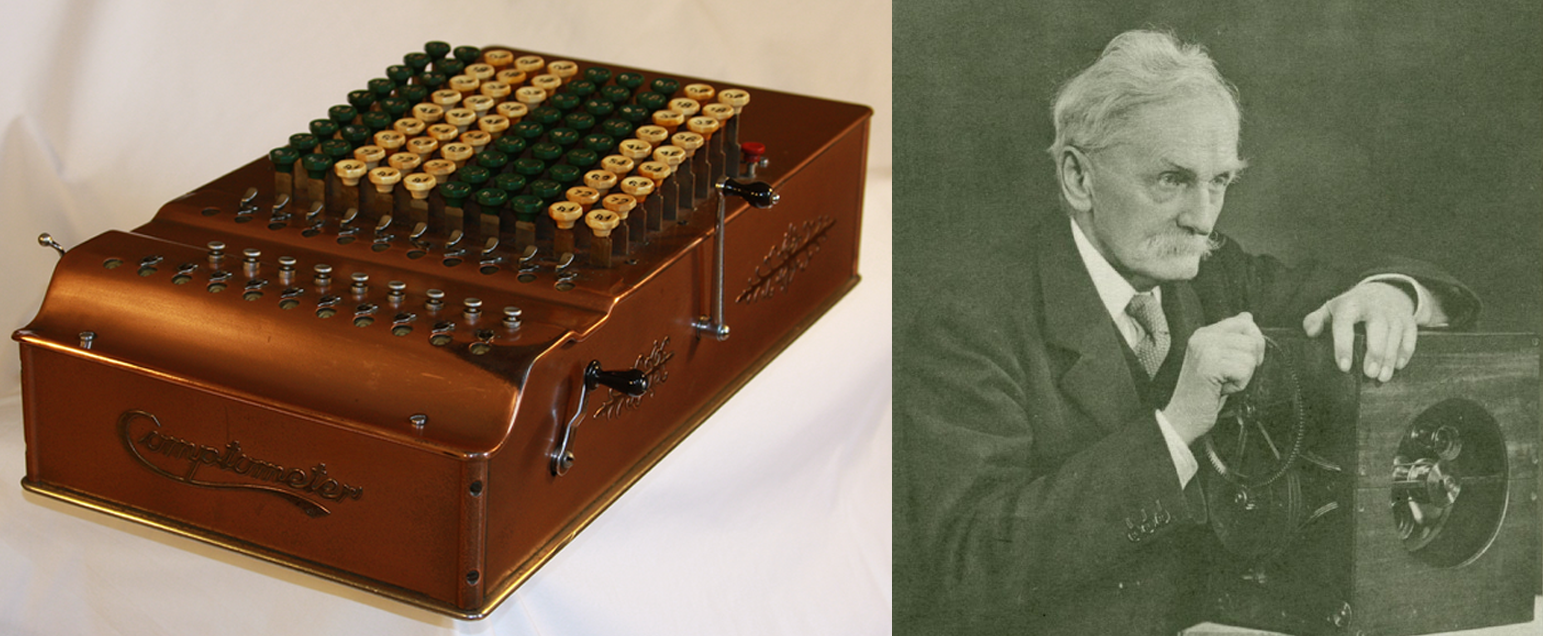
This is the first post in a series exploring the most out-of-the-way corners of the history of science to be found in the Catalogue of Scientific Papers. Those unfamiliar with this fascinating source from the Royal Society should check out our description of the CSP. This post is about a device that was everywhere in retail and business until roughly the 1970s, at which point it quietly dropped out of the public eye. I’m talking about the mechanical calculator called the Comptometer.(read more)
Documenting the American South & Chronicling America - Additional OA Content Now Online
12 February 2020 by Paratext Editorial
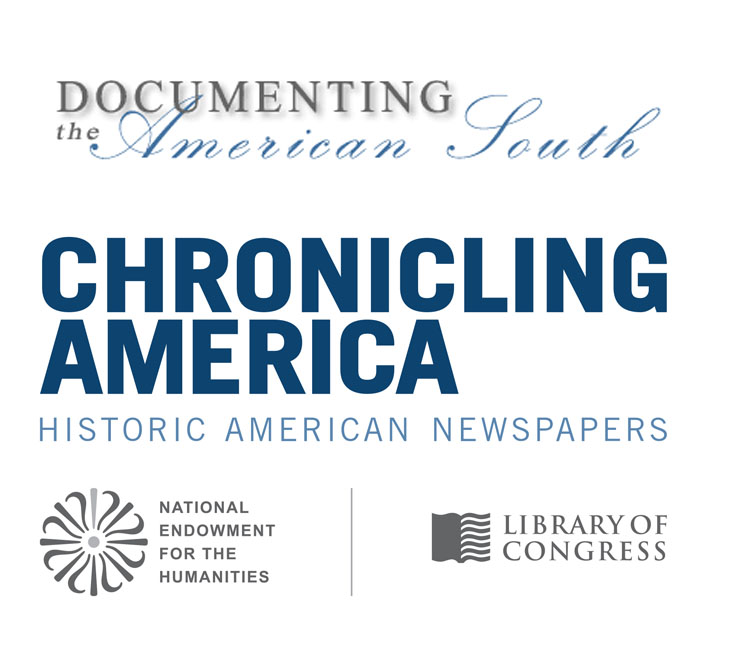
Paratext is pleased to announce the addition of two Open Access resources which join the millions of proprietary primary source records in the Eight Centuries database: Documenting the American South and Chronicling America. These two sources add over 150,000 entirely new records, with thousands of links to high quality full text and metadata. Documenting the American South, a project of the University of North Carolina, makes digitized content from the UNC Library(read more)
“A Great Blow to All Truth”: The Dreyfus Affair of Turn-of-the-Century France
08 October 2019 by Grayson Van Beuren
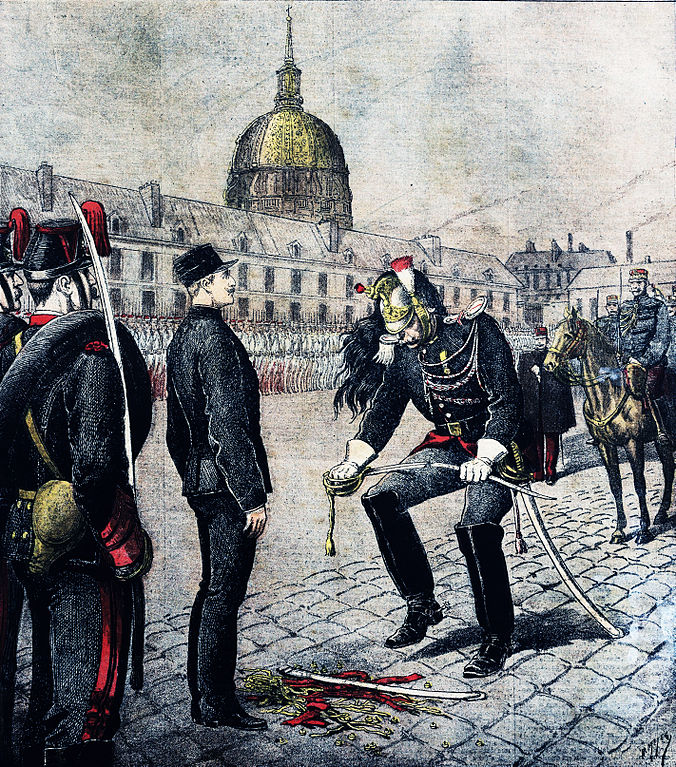
“[…] what a spot of mud on your name—I was going to say on your reign—is this abominable Dreyfus affair! A council of war, under order, has just dared to acquit Esterhazy, a great blow to all truth, all justice. And it is finished, France has this stain on her cheek, History will write that it was under your presidency that such a social crime could be committed.” –Section from “J’Accuse…!,” open letter from Émile Zola to(read more)
“Publick Occurrences Both Forreign and Domestick”: The Short but Significant Life of the First Multi-Page Newspaper in the Americas
18 September 2019 by Grayson Van Beuren
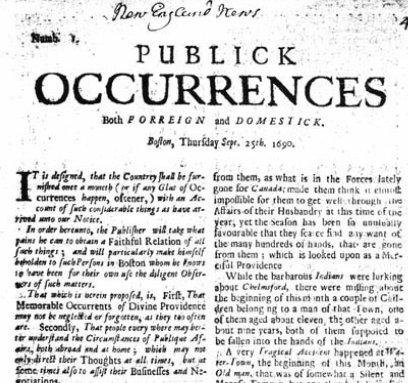
“It is designed, that the Country shall be furnished once a month (or if any Glut of Occurrences happen, oftener,) with an Account of such considerable things as have arrived unto our Notice.” Opening lines of Publick Occurrences, 1690 On Thursday September 25, 1690, a singular event occurred in Boston. A collaboration between a publisher, Richard Pierce, and a Londoner-turned-colonial editor, Benjamin Harris, came to fruition in the printing of a(read more)
“A Want of Dignity Wholly Unworthy of the Government”: James Smithson, the Annual Report, and the Question: “Should the Federal Government Participate in Scientific Investigation?”
04 June 2019 by Grayson Van Beuren
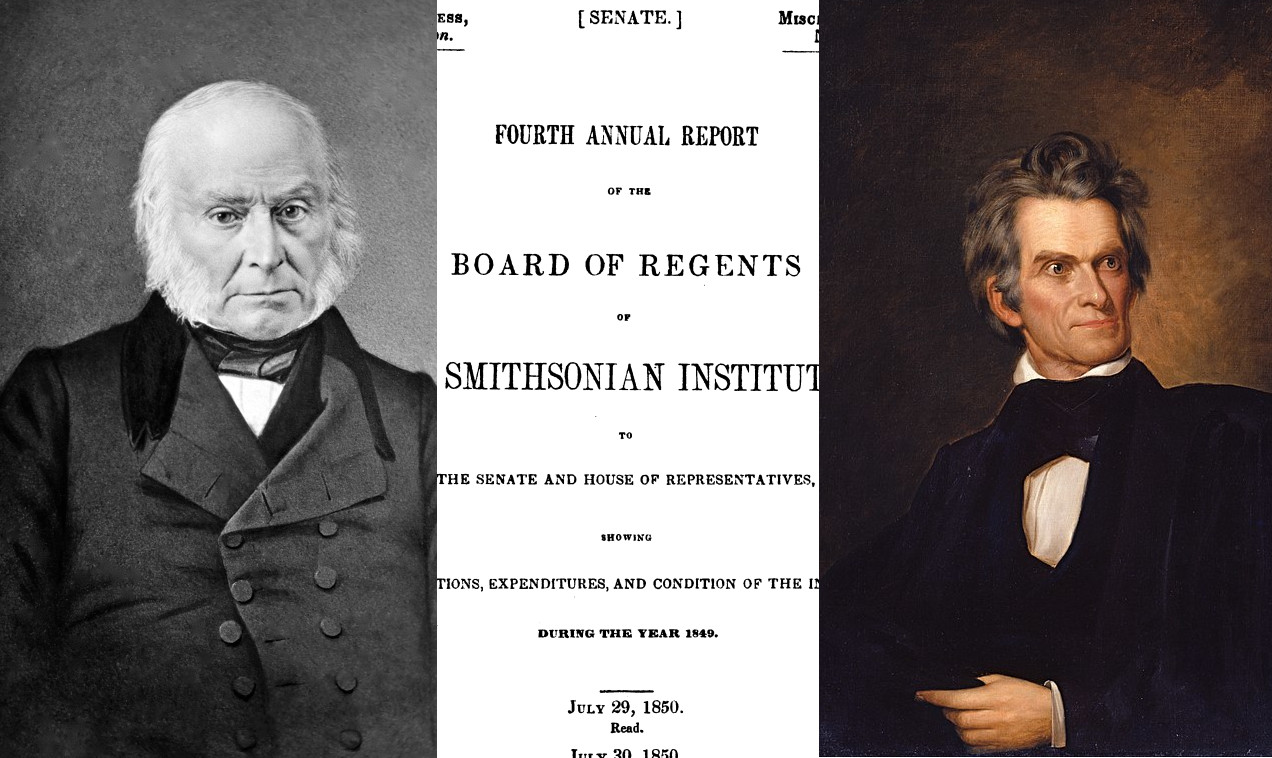
The Smithsonian Institution in Washington, DC recently named Lonnie G. Bunch III as its fourteenth Secretary, the first African American to hold the position. In celebration of this occasion, let’s explore the beginnings of the Smithsonian. The Smithsonian Institution is a remarkable institution. Founded in 1846 and sometimes called “the nation’s attic,” the institution brings millions of visitors in contact with science and history each year. Scholars(read more)
“The Entire Collection Could Have Been Held by a Four-Shelf Bookcase”: Dr. John Shaw Billings and the Surgeon General Office’s Library
16 May 2019 by Grayson Van Beuren
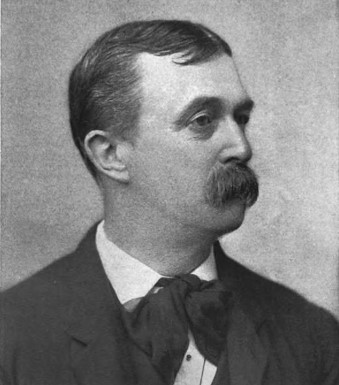
We recently augmented 19th Century Masterfile with data from the Index-Catalogue of the Library of the Surgeon-General’s Office. This index—and the library that spawned it—were largely the work of one incredible surgeon and bibliophile: Dr. John Shaw Billings. We’ve all, while researching, thought to ourselves, “I sure wish the library had this particular book,” or lamented, “It sure would be great if this library’s collection was(read more)
“My Invention Relates to What Is Commonly Known as…”: Finding Clues to the Past in Historical U.S. Patents
17 January 2019 by Grayson Van Beuren
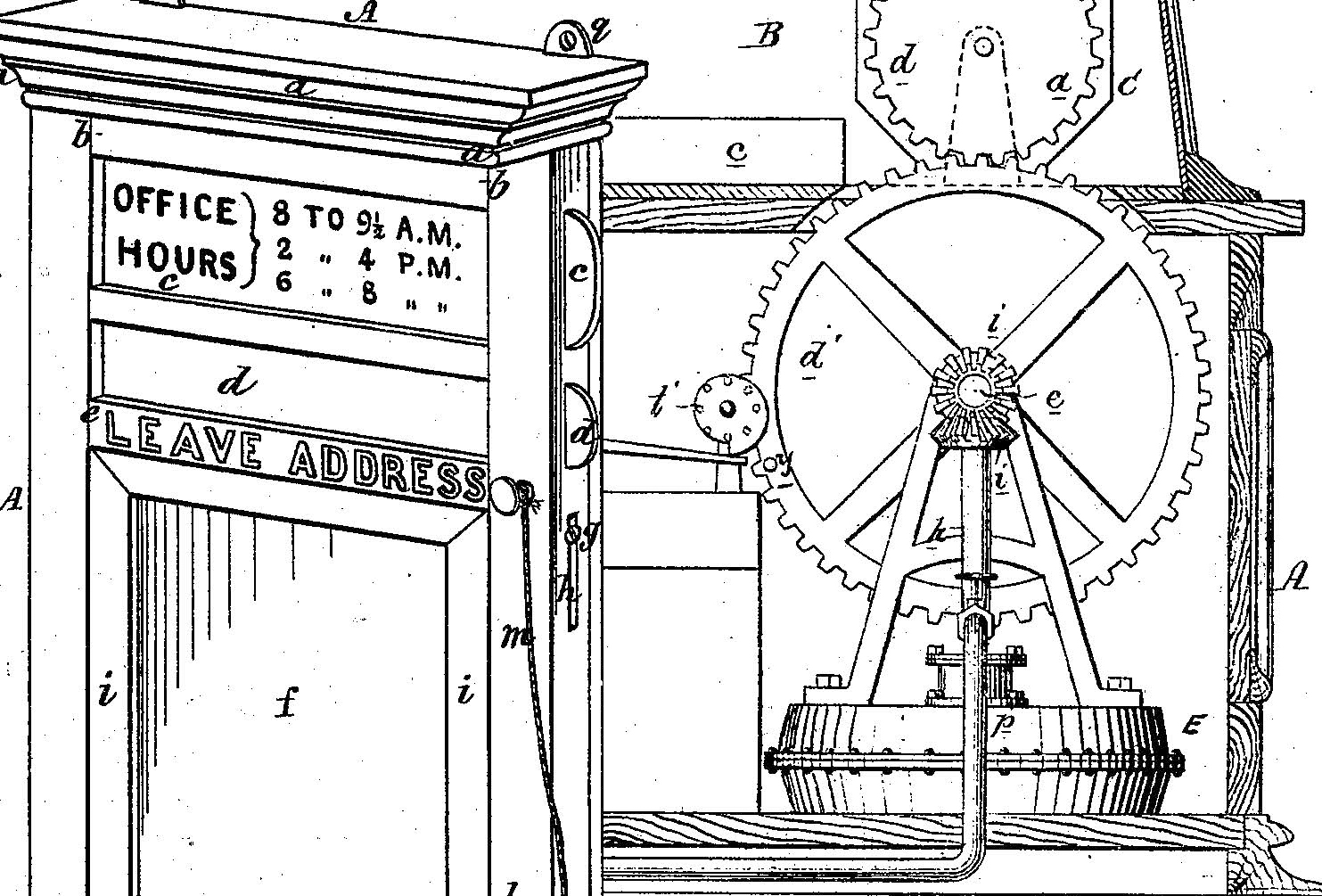
Research often takes us in weird directions whether you are a scholar completing a chapter for a book, a student working on a project for class … or an editor checking sources for a piece of copy. Coming across the unexpected is one of the best parts of the process, and an experience I went through recently. –Ed. In a recent blog post, I mentioned that ephemeral common knowledge is one of the hardest things to preserve since it is never considered important enough to record(read more)
“The Pressure of Military Service”: The Great War’s Impact on Scholarly Editing Projects
21 November 2018 by Grayson Van Beuren
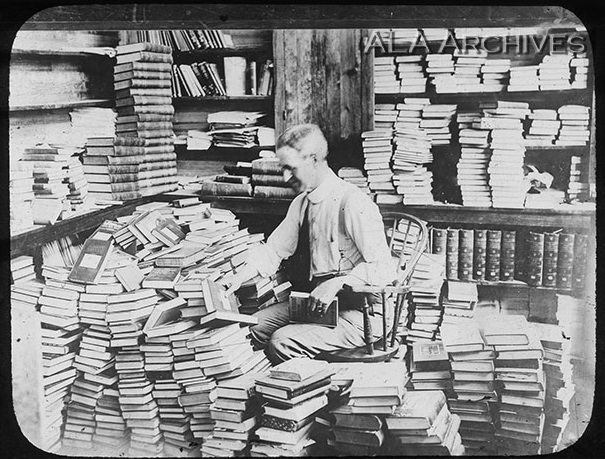
The First World War affected the world in profound and irrevocable ways, not least the field of literature. The impact of the Great War on literature has been well-documented, both in terms of how changes in outlook were reflected in the books, poems, short stories, and articles produced by during and after the war, and in terms of the generation of authors destroyed by mechanized warfare on a large scale.1 Perhaps less-studied is how the war’s effect reached the publishing industry(read more)
“A Deficiency in our Political Annals”: Rivals of Early Congressional Reporting
27 September 2018 by Grayson Van Beuren
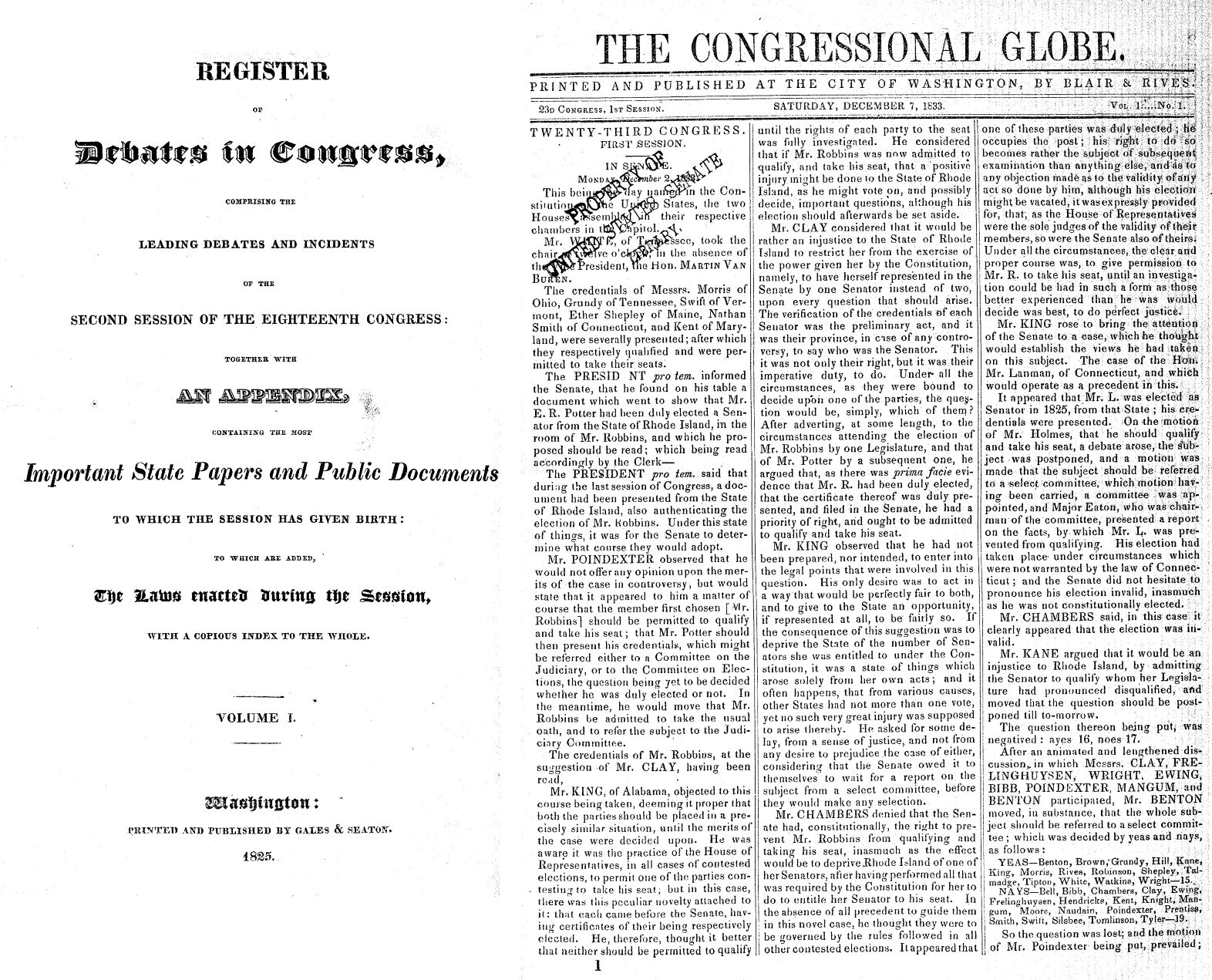
Exploring the Register of Debates and the Congressional Globe… Today we will look at two mainstays of early Congressional reporting: the Register of Debates and the Congressional Globe. Both dominated the journalistic world of Congress and politics in the decades before the Government Printing Office began producing its official account of Congress—the Congressional Record—in 1873. And because the two overlapped in coverage, many assumed they were partisan rivals. But(read more)
Sources as Windows to Narrative: Periodical Indexes – Harder to Access, Highly Insightful
05 September 2018 by Grayson Van Beuren

Periodical indexes are not often considered valuable source material unto themselves. There is a tendency to see them simply as neutral orderings of objective reality. After all, how can a list of sources be anything more than a means to more (and better) sources? How can a list of sources contain an agenda or narrative? Quite well, it would seem. As curated lists of source material, indexes are susceptible to internal biases and narratives as least as much as the editorial cartoons we(read more)
Sources as Windows to Narrative: Political Cartoons – Easy to Access, Easy to Deceive
16 August 2018 by Grayson Van Beuren
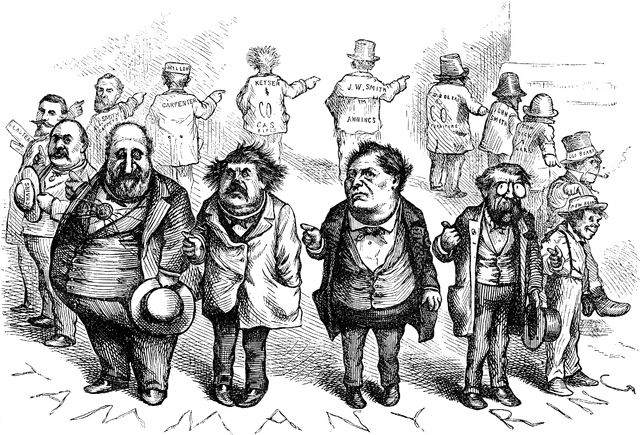
The primary source is the historian’s most prized asset. However, sources taken on their own are not necessarily interesting; it is how the researcher can see in them and through them, placing them in context to piece together historical narrative, that makes them intriguing. When used effectively, sources can truly be windows into history, and—like windows—they can be clear, dirty, foggy, even distorted and deceptive. Political cartoons are an example of a relatively(read more)
“The Honeypot Approach”: The Origin and Development of the NYPL Public Domain Collection
26 July 2018 by Grayson Van Beuren

Exploring the NYPL Public Domain Collection… Today we will look at the New York Public Library’s Public Domain Collection. The NYPL recently made approximately 190,000 digitized public domain items from their special collections available online for unrestricted use. Why does the NYPL have such a large library of digitized material? Why do they have such a large special collection at all? To answer these questions, we have explore the genesis of the NYPL collection in(read more)
Why Another Magazine Index, Mr. Faxon?
28 June 2018 by Grayson Van Beuren
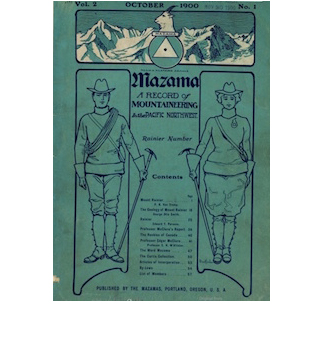
Exploring the Annual Magazine Subject-Index… Our "Exploring" series continues with Frederick Faxon’s Annual Magazine Subject-Index, which ran from 1907 until 1949. When Faxon started his index in 1907, several large and mostly-comprehensive periodical indexes already dominated the library market. So why did he bother starting yet one more? As it turns out, this was a question front and center in Faxon’s mind from the outset—and one to which he had a(read more)
Discovering Medieval Florence and the Donati through Subject Encyclopedias
19 June 2018 by Eric Calaluca
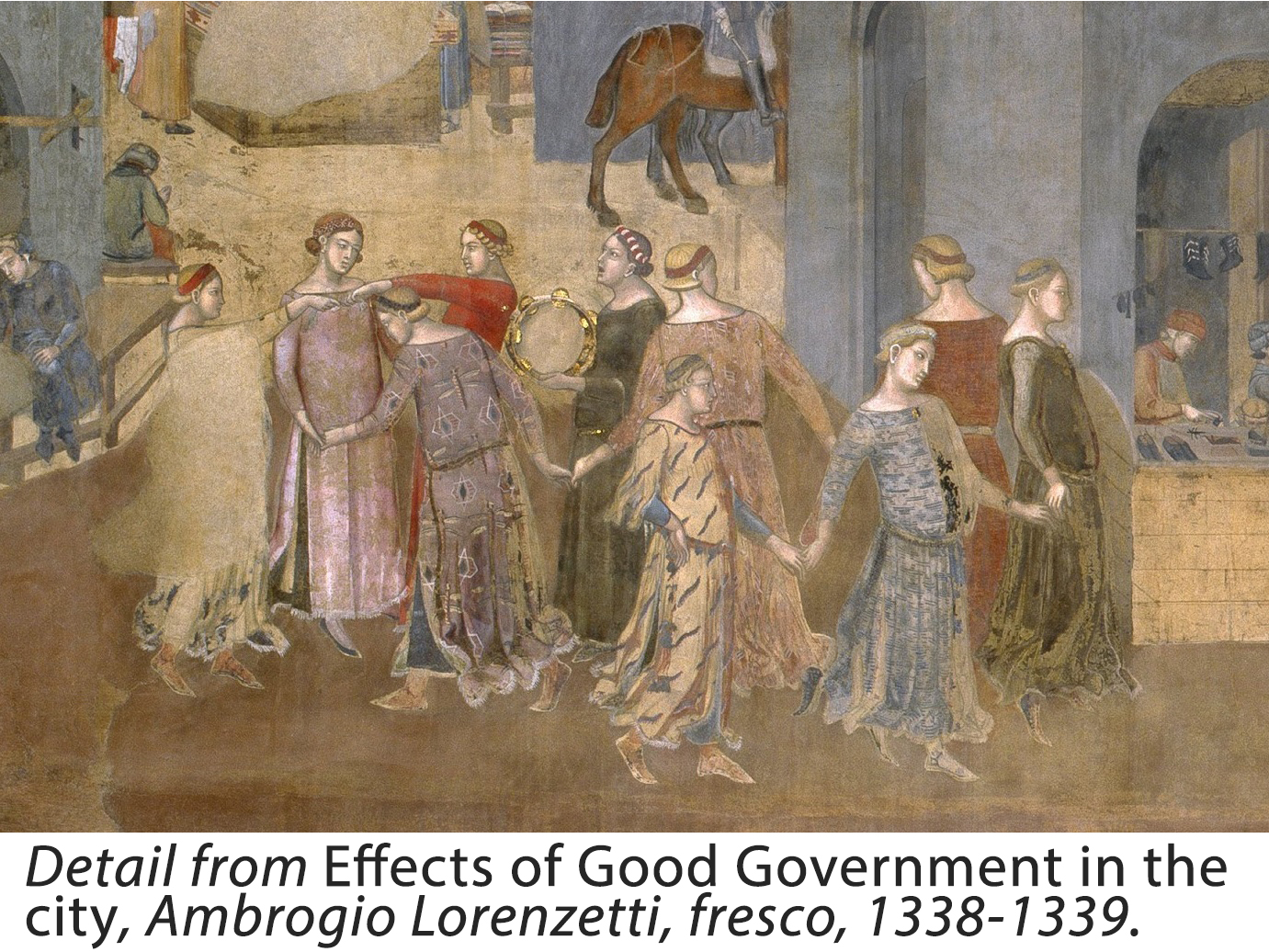
My interest in specialized subject encyclopedias predates Reference Universe. I was assigned a weekly task in my high school library of re-shelving books. It turns out that our school librarian had made a substantial investment in what were—at the time—an emerging genre: specialized subject encyclopedias. The idea of broad general encyclopedias dates to the eighteenth century. However, the publication of specialized subject encyclopedias expanded dramatically in the 1970s(read more)
“A Trifling Return…for the Great Service”
06 June 2018 by Grayson Van Beuren

Exploring the Industrial Arts Index... Continuing with our “Exploring” blog series, today we will look at the Industrial Arts Index. Before the current-day crowd of scientific and engineering online discovery services existed, staying up-to-date in one’s field involved visiting the reference section of the local library and using their subject indexes. The Industrial Arts Index was one such tool, designed to make it easy to find the most widely-used and useful articles in(read more)
“A High Indignity…and Notorious Breach of Privilege”
23 May 2018 by Grayson Van Beuren

Exploring Hansard’s Parliamentary Debates... At Paratext, historical sources—primary, secondary, and tertiary—are our business. Not all historical sources are immediately intuitive, and many hide fascinating stories. This is the first post in our “Exploring” blog series, which will delve into various useful sources available to researchers and scholars at all levels. We address issues of historical context, illuminate methods of use, and parse out biases(read more)
Largest Repository for History of Science Periodicals Now Online
30 November 2016 by Paratext Editorial
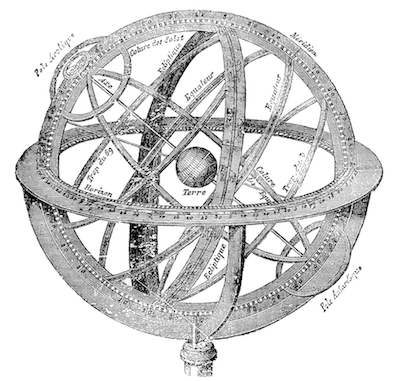
356 years after The Royal Society of London for Improving Natural Knowledge held their first 'learned society' meeting in 1660, Paratext announces the addition of The Society's International Catalogue of Scientific Literature, 1901-1914 to 19th Century Masterfile: 1106-1930. This is the continuation of the monumental Catalogue of Scientific Papers 1800-1900, which Paratext deployed in 2012. The International Catalogue is the largest single editorial(read more)
Adam Matthew Content Now Accessible via 19th Century Masterfile: 1106-1930
21 June 2016 by Paratext Editorial
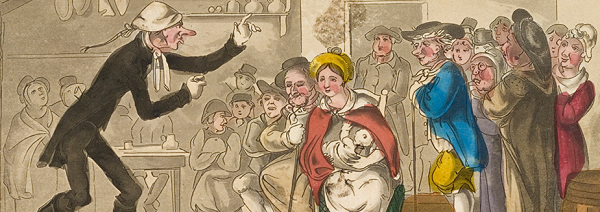
Paratext is pleased to announce that extensive content from Adam Matthew is now accessible via 19th Century Masterfile: 1106-1930. Adam Matthew, an imprint of SAGE, is an award-winning publisher of digital primary source collections for the humanities and social sciences, covering subject areas from medieval family life to 20th-century history and culture. Nearly 100,000 links from 33 collections are being added to 19th Century Masterfile’s Image/Media section, broadening research(read more)
Popular Posts
- "A Profitable, Elevating, and Attractive Profession”: Bettering Farming through the Farmers' Bulletin
- A Smell Bad Enough to Leave Town: One of the Worst Odors in the History of Science
- The Granite Monthly in 19th Century Masterfile
- A Fish Woman, a Cyprian Noble, and a Punk Rocker Couple Walk into a Bar: Narratives of Human Experience in Europeana
- Modifications to Reference Universe for Web and Public Service Administrators
Categories
- News
- Product Updates
- New Collections
- bird
- 8C Product Updates
- USM Product Updates
- RU Product Updates
- Reference Universe
- Eight Centuries
- United States Masterfile
- 17th Century
- 18th Century
- 19th Century
- 20th Century
- 21st Century
- American Studies
- European Studies
- History
- Art History
- History of Mathematics
- History of Science
- Political History
- Literature
- Philosophy

